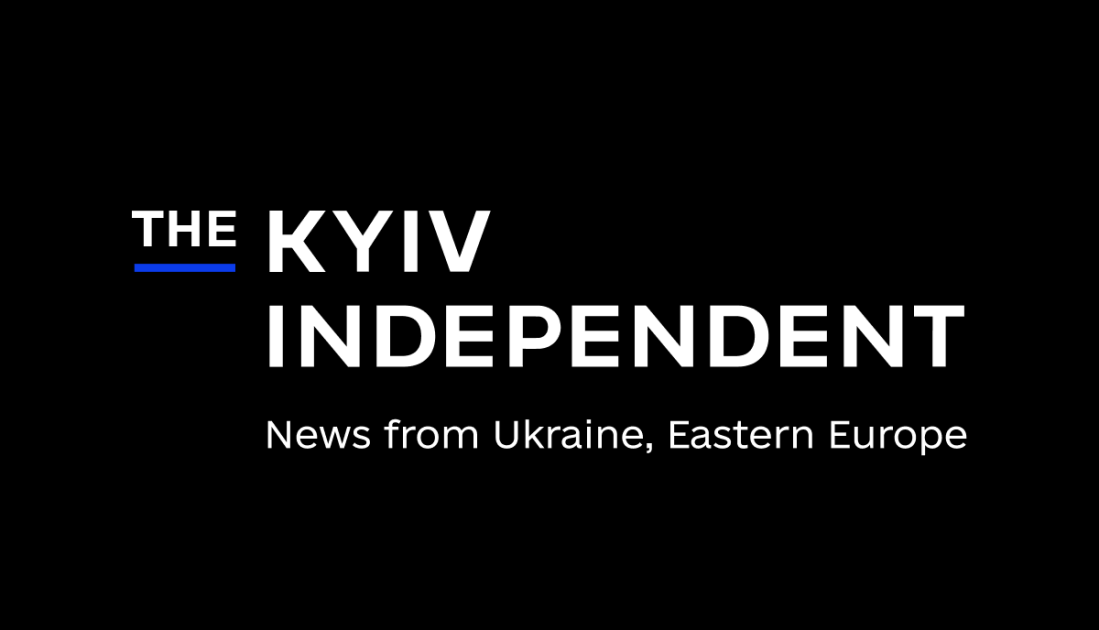UK Defense Ministry: Russia 'highly unlikely' to call up 400,000 volunteers, may force men to join army
Russia will "highly unlikely" manage to attract 400,000 volunteer professional soldiers, which it claimed to be the goal of its new recruitment campaign, the U.K. Defense Ministry reported on March 30.
The ministry called it "realistic" that the distinction between a call for volunteer, professional personnel as it's presented by Moscow and a new mandatory mobilization will be blurred with regional authorities trying to fulfill their recruitment tasks "by coercing men to join up."
Russia's Defense Ministry will start a new recruitment campaign on April 1, aiming to conclude contracts with 400,000 professional soldiers, the Russian service of Radio Free Europe/Radio Liberty reported on March 15.
According to the RFE/RL, residents of Russia's Voronezh Oblast started to receive summonses to military enlistment offices as it was in September last year following the so-called partial mobilization announced by Russian dictator Vladimir Putin. This may indicate that a second wave of conscription for the war against Ukraine could begin.
"Russian authorities have likely selected a supposedly 'volunteer model' to meet their personnel shortfall in order to minimize domestic dissent," the U.K. Defense Ministry wrote in its latest intelligence update.
However, restoring Russia's combat power in Ukraine will require not only personnel, according to the update. "Russia needs more munitions and military equipment supplies than it currently has available."
On March 29, Bloomberg also reported Russia's intentions to increase its army by 400,000 troops, citing people familiar with the plan. According to the publication, Moscow managed to conscript more than half a million people in 2022.
In late October 2022, Putin and Russia's Defense Minister Shoigu claimed that the mobilization for the war against Ukraine had finished, but the decree on "partial mobilization" remained in force.
According to reports by Ukraine's General Staff and the Institute for the Study of War, the Kremlin had continued mobilization covertly. Estonia's intelligence chief Margo Grosberg said that mobilization in Russia had never actually stopped.












